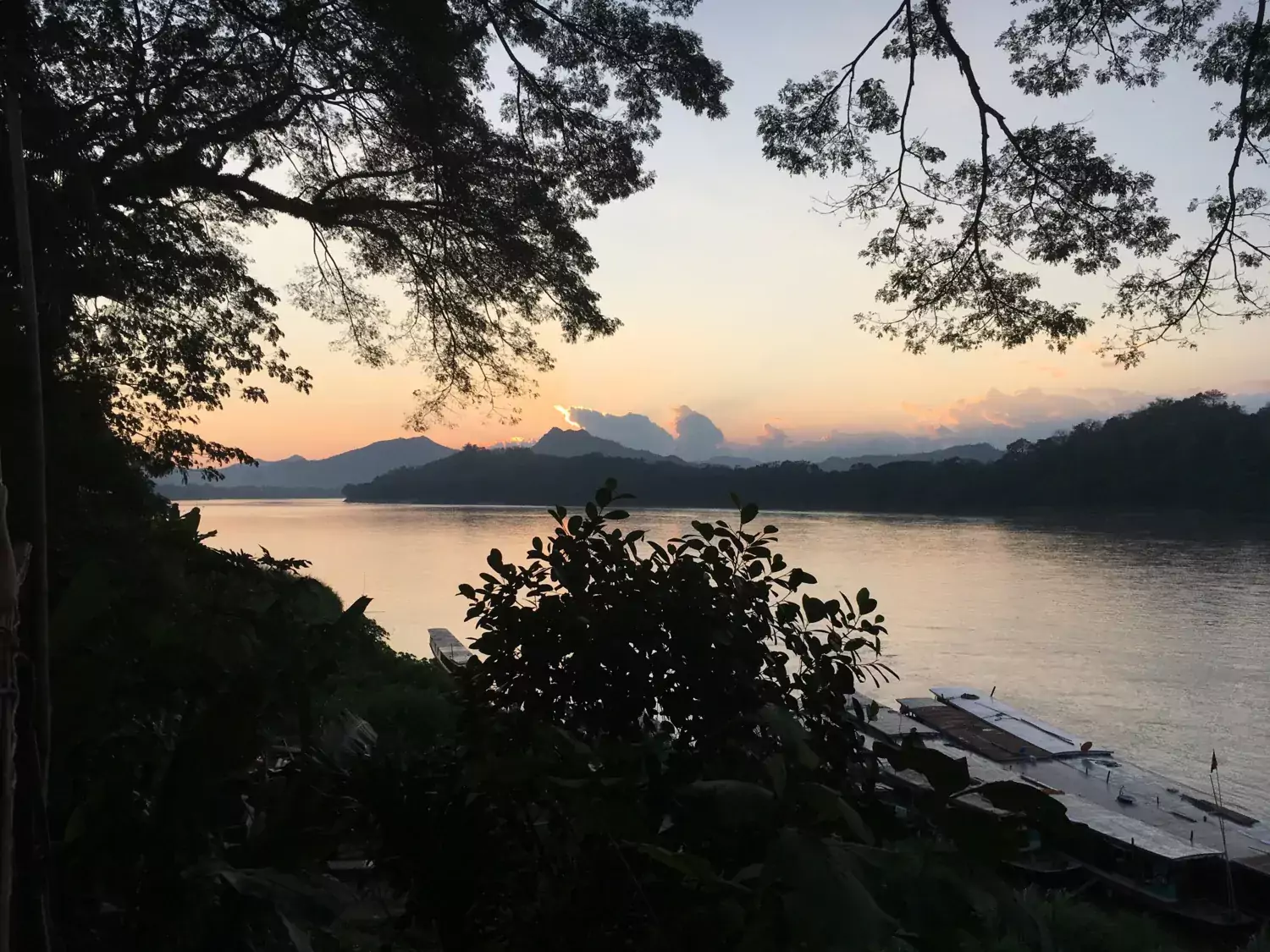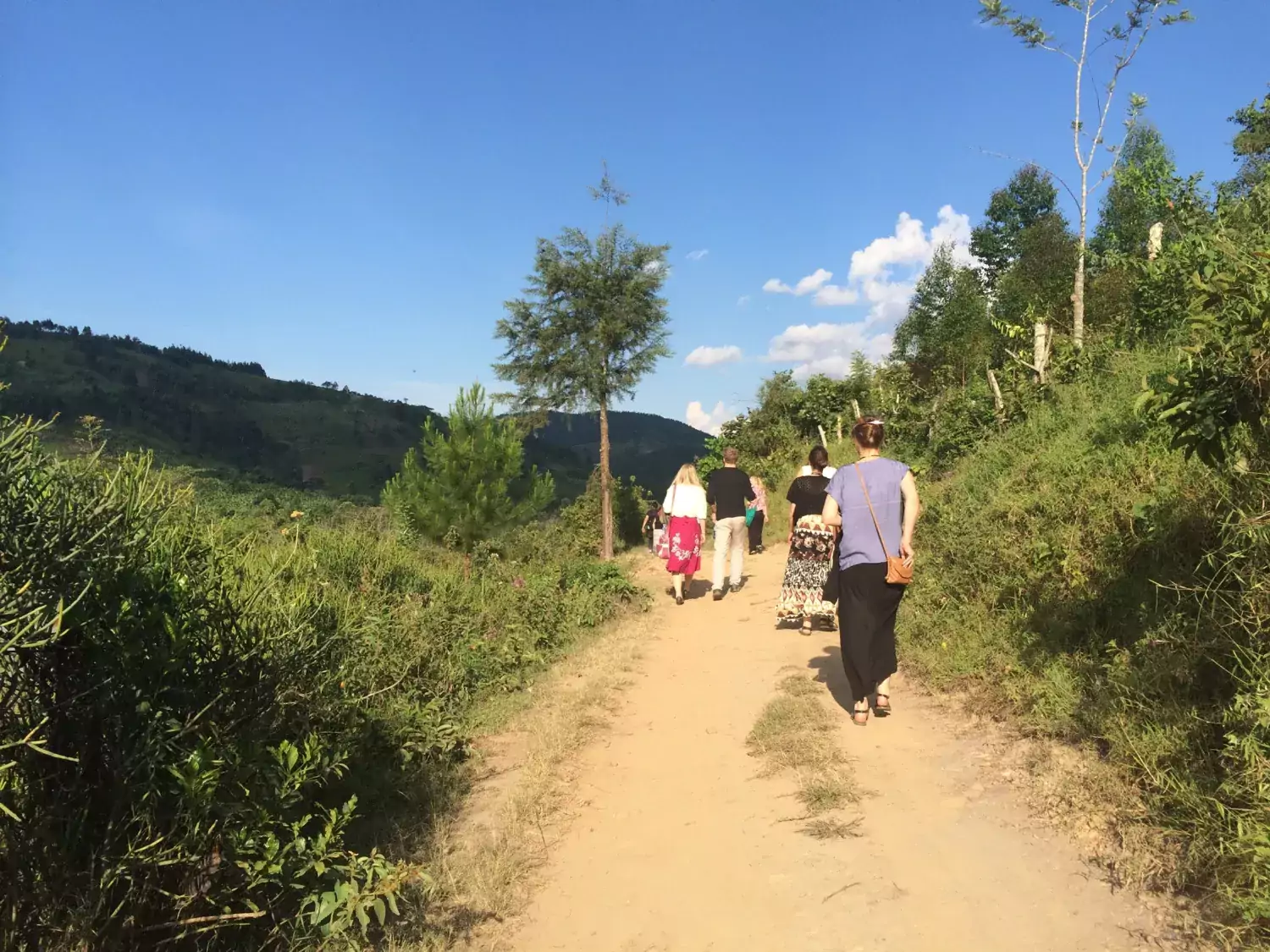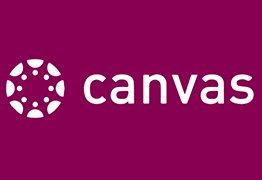For students attending the course Global Health (7.5 ECT credits) course code 2XX066
Why do people in some countries live much longer than in others? What determines what type of diseases will affect a population? The Global Health course has been giving KI students an introduction to public health from a global perspective for almost 30 years. If you are interested in the broader picture and would like to understand and see with your own eyes what the world looks like today, then the Global Health course is for you!
Syllabus

For students that are about to apply: Please make sure that you have a Valid passport until at least 6 months after the course has finished (i.e. July 31 for those travelling in January and December 31 for those travelling in May. If not please book an appointment at Polisen for a new passport ASAP.
What will I learn in this course?
The main aim of the course is for participating students to understand global health, more specifically how differences in health determinants between and within countries, as well as differences in health systems between low-, middle- and high-income countries, affect the level of health. The Coronavirus pandemic has put global health at the top of the news around the world. If you want to learn more about the course and the intended learning outcomes, please see the syllabus above.
How and where will I learn?
The course is divided into three sections;
- Self-studies + writing a group assignment
- ca 2 weeks theoretical part with lectures, literature studies and seminars in Sweden
- 2 week study visit to a university and healthcare services in a low- or lower middle-income country, currently Laos, Tanzania, or Uganda. Please note that these countries may change for each course, depending on number of students and other factors.
What happens after I have been accepted to the course?
After you have been accepted to the course (in January/August) you will receive two emails, one where you will be requested to submit your passport information and a second one where you will be requested to prioritize countries available for the study visits. It is possible to prioritize friends before country ("kompis-val"). The course leaders will try to accommodate your wishes but cannot make any guarantees as they will ultimately determine the final distribution of students to the specific countries. You will receive an email with the information on what country you will travel to. This is usually sent out a week before the introduction lecture in the beginning of the semester. Do not book your flight ticket until the course administrators has confirmed that you can do it!
In the beginning of the semester (ca February/September) there will be an introductory lecture, where an introduction to global health will be given and the course will be explained, with a focus on the first assignment that is to be completed before the course starts.
Language
English is the official language of the course. This means that all assignments will be in English, both in Sweden and abroad. However, lectures in Sweden may be given in Swedish if everyone present speaks Swedish. In order to be prepared for the study visit abroad, students need to attend the lectures and seminars in Sweden.
Can I take this course?
Global health is an interdisciplinary subject and the course currently accepts undergraduate students at Karolinska Institutet in the following degree programmes:
- Audiology (audionom)
- Medical (läkarprogrammet)
- Medical Laboratory Science (biomedicinsk analytiker)
- Nursing (sjuksköterska)
- Occupational Therapy (arbetsterapi)
- Psychology (psykolog)
- Radiography (röntgensjuksköterska)
- Speech and Language Pathology (logoped)
These programmes might change. Please check with the administration at your own programme to see if you can apply this year.
Students who want to participate in the Global Health course are welcome to apply through their respective programmes. Each programme director is responsible for selecting the students of their programme.
N.B. This is a very popular course and not everyone who applies is accepted to the course. If you are not highly motivated to attend all the lectures in Sweden, we recommend that you choose a different course. Also, if you have been accepted to the course, you cannot drop out of the course on short notice (due to the extra logistical burden these places especially on our partner universities in Tanzania, Uganda and Laos).
If you are curious to find out what previous students thought about the course - see our evaluations!
Canvas
The course material will be made available online. To access them, you have to log in to Canvas and go to the event Global Health course. You will hand in your preparatory assignment and your examination assignments through Canvas.
Costs
Costs are more difficult to estimate due to current inflation (for example, flights might be more expensive), but as a very rough estimate based on previous years, see below:
(The estimate does not include safaris, or other spare time activities.)
-------------------------------------------------------------------------
- Flight ticket
8-15 000kr (cheaper during the spring semester)
(Laos more expensive)
- Daily expenses (hotel, food etc for 12 days)
4-6000 kr
(Laos cheaper)
- Visa
ca 500 kr - Other (white coat, local transport, gifts etc)
500-1000 kr - Vaccination/malaria prophylaxis
0-1500 kr
------------------------------------------------------------------------
FUNDING POSSIBILITIES
- Travel stipend from KI 3000 kr
CSN extra loan 8820 kr
TOTAL COST FOR STUDENT (very roughly)
Ca 8000-13 000 kr
Tip: There are many stipends to apply for, for example from Vårdförbundet (för sjuksköterskestudenter, BMA-studenter och rtg-sjuksköterskestudenter)!
https://www.vardforbundet.se/medlemskap/stipendier-bidrag-och-priser/resebidrag-for-studerande/
---------------------------------------------------------------------

Schedule HT25
Registration period for this course in LADOK 2025-08-25 - 2025-09-03
The course starts with an introductory evening September 3 17.00-19.00, where the first assignment will be presented. The main part of lectures and seminars will then be given December 10 - 22, 2025 while the travel part will be held from January 4 - January 16, 2026 (NB: the course starts in your country on a Sunday, January 4).
For those students who have their graduation ceremony on January 16, it will be possible to leave your country on January 14 in the evening to be home just in time for graduation.
Course schedule will be published at the latest two weeks before the start of the course.
VT26
Travel part will be held from May 24 - June 5, 2026 (NB: the course starts in your country on a Sunday, May 24).
Previous schedules
Course analysis and course evaluation
Course evaluation Fall 2025
Contact information
Helena Nordenstedt
Course leader and examinerAnna Mia Ekström
Senior course leaderCarla Sturm
Course assistantAmina Samuelsson
Educational administrator
Log in to Canvas
In the IT based learning platform Canvas you will find the digital course rooms relevant to your studies.
Please note that doctoral students at KI use their KI-login to login, while external PhD students login by using their KI student accounts (which must thus first be activated).
